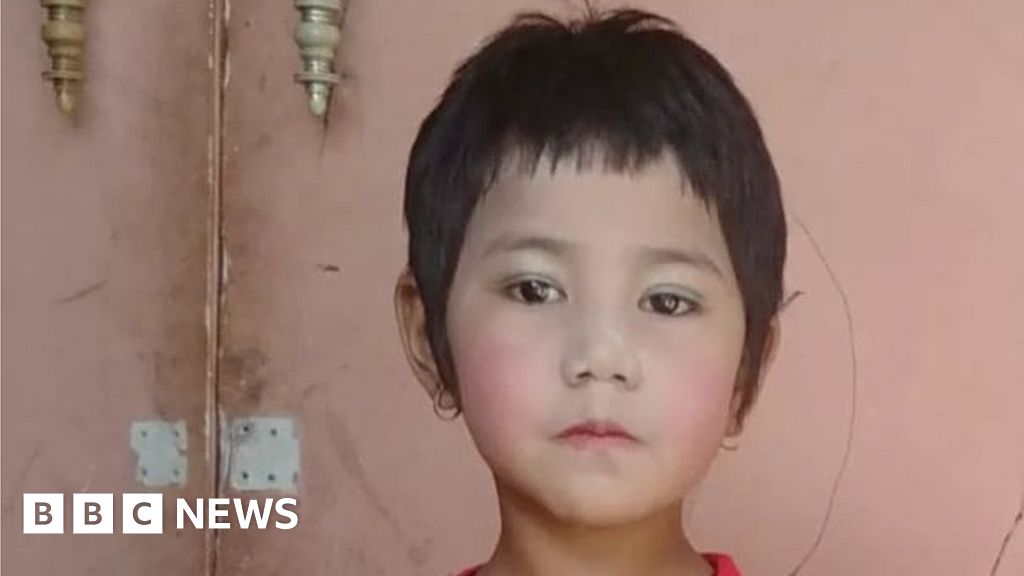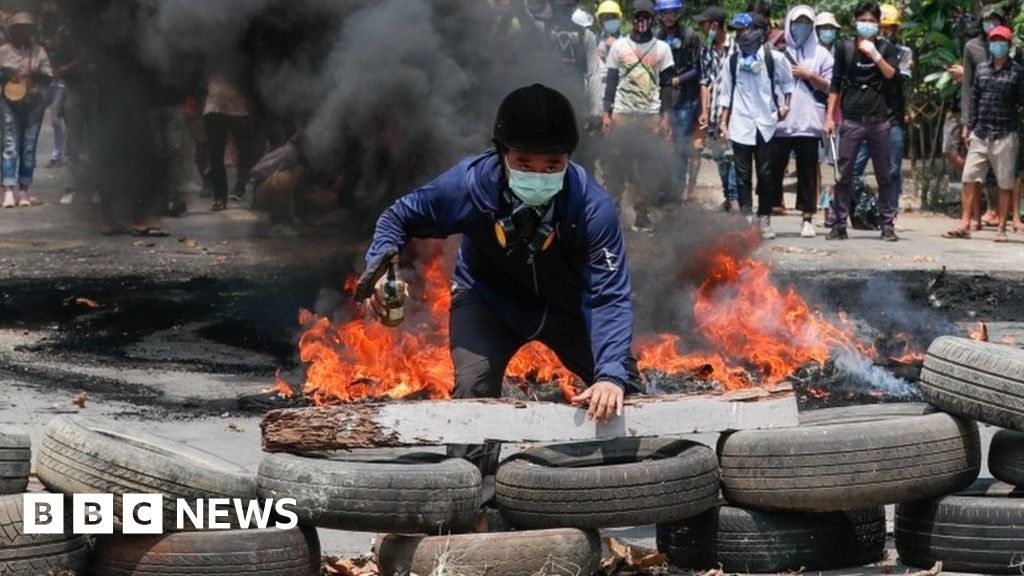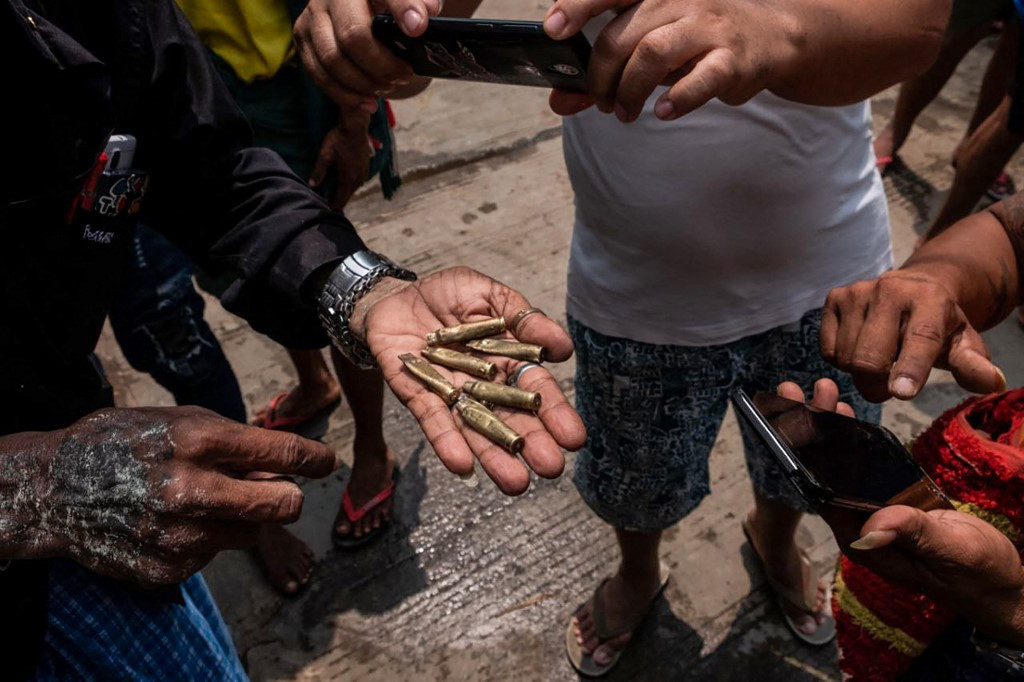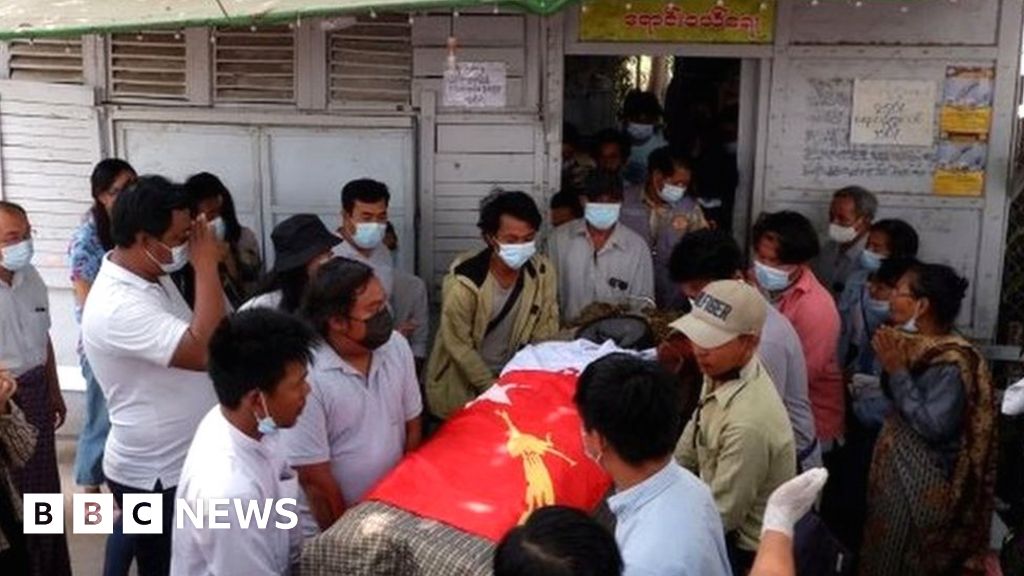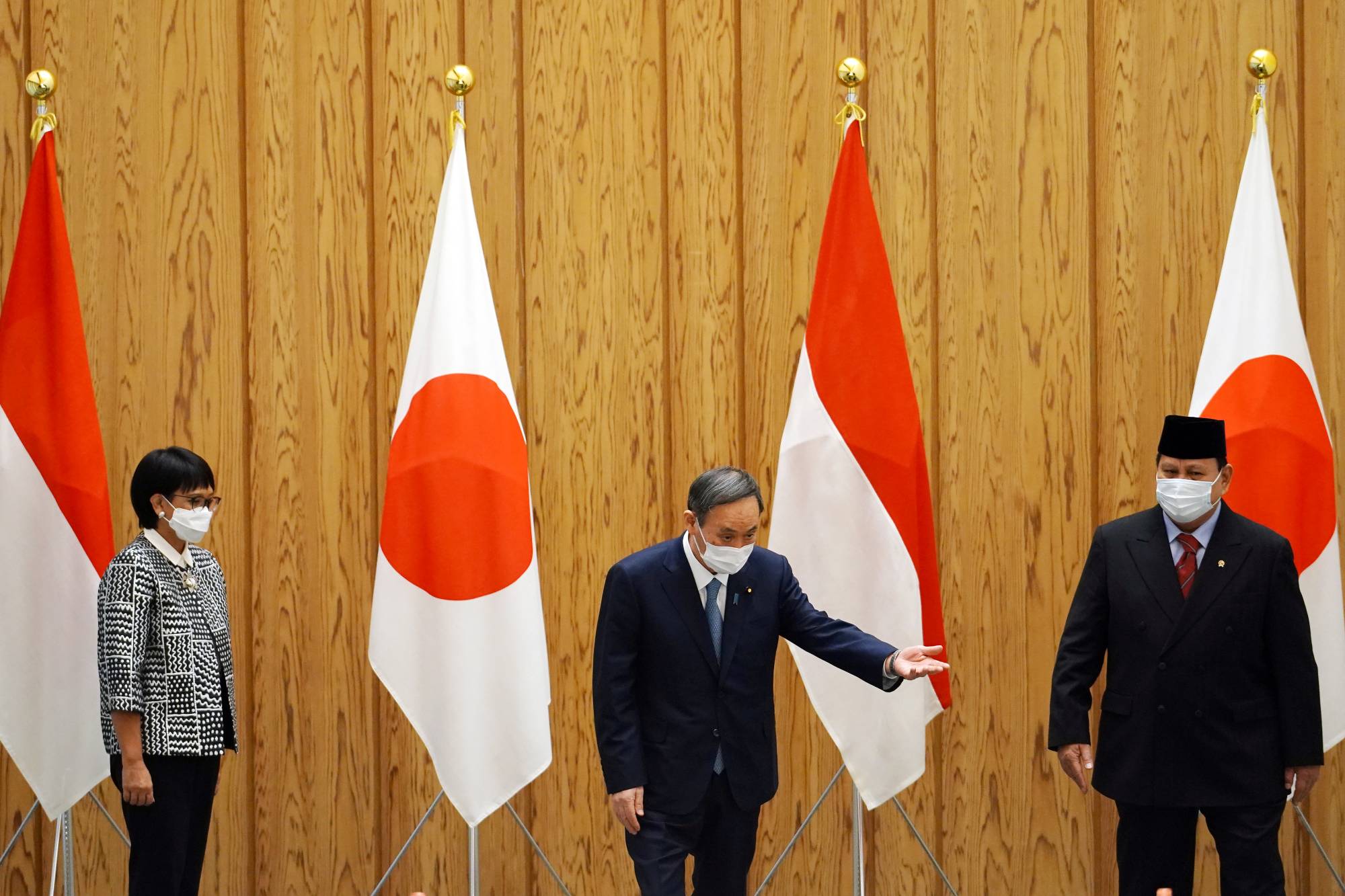Update 11: The chance of civil war has increased
35. Police had been aggressively patrolling residential neighbourhoods at night, firing into the air and setting off stun grenades in an effort at intimidation. They have also been carrying out targeted raids, taking people from their homes with minimal resistance. In at least two known cases, the detainees died in custody within hours of being taken away. Myanmar’s military says Zaw Myat Lin, one of the National League for Democracy officials who died in custody, jumped off a building onto a steel pipe. They say they are going to take “severe action” against people who suggest otherwise, i.e that he was tortured to death.
36. In an interview in New York, Myanmar’s ambassador to the United Nations Kyaw Moe Tun thanked the
UN security council for issuing a presidential statement on 10 Mar 2021 to condemn the violence against the protesters. The statement, which was issued was unanimously approved by all 15 security council members said:
“The Security Council strongly condemns the violence against peaceful protestors, including against women, youth and children. It expresses deep concern at restrictions on medical personnel, civil society, labour union members, journalists and media workers, and calls for the immediate release of all those detained arbitrarily. The Council calls for the military to exercise utmost restraint and emphasises that it is following the situation closely.
The Security Council expresses its continued support for the democratic transition in Myanmar, and stresses the need to uphold democratic institutions and processes, refrain from violence, fully respect human rights and fundamental freedoms and uphold the rule of law...”
The presidential statement is a step below a resolution but becomes part of the official record of the security council. The ambassador also added that the young people are the future of Myanmar and need to be protected.
37. The acting leader of Myanmar’s parallel civilian government,
Mahn Win Khaing Than, who is in hiding along with most senior officials from the governing National League for Democracy Party, addressed the public via Facebook has promised to pursue a “revolution” to overturn the military government. The unceasingly violent tactics of the coup leaders will force the protestors to engage in an armed fight, as they now know that capture by the regime means death by murder in police custody. Mahn Win Khaing Than was appointed last week as acting vice president by representatives of Myanmar’s overthrown legislators, the Committee for Representing Pyidaungsu Hluttaw (CRPH), which is pushing for recognition as the rightful government.
38. South Korea will
suspend defence exchanges with Myanmar and ban arms exports to the country after a military coup and violent suppression of pro-democracy protests, the foreign ministry said on 12 Mar 2021.The South Korean government would reconsider some unspecified developmental cooperation with Myanmar, but would continue projects that are directly linked to the livelihood of Myanmar citizens and humanitarian aid, the statement said.
39. As Simon Tay wrote, there is a need to avoid pre-conceived absolutes about right and wrong, and engage with Myanmar as it is, rather than as we would wish. To think of all the generals as genocidal, or else Beijing’s puppets is unhelpful.
(a) Few – even in the military – wish to return to the decades of inward-looking and autocratic government. Continuing economic engagement can complement and assist to improve the likelihood of political solutions within the country.
(b) There are real geopolitical consequences to cutting all ties due to this latest coup. When Myanmar was sanctioned by the West, China’s influence grew to near-dominance; which is why cutting all contacts with Senior General Min Aung Hlaing’s regime is counter productive — but it also does not mean business as usual.
(c) One reason the prior Thein Sein administration initiated reforms and opened up the country was the desire for non-China options and to court the West.
40. There is precedent for ASEAN’s engagement with a military led government in Myanmar. When Myanmar sought admission into ASEAN, this was based on a principle of “constructive engagement”. This meant that interactions with the military government were not only to be functional but play a role in opening up mindsets and encourage progress towards peace. That approach can usefully be rebooted and expanded.
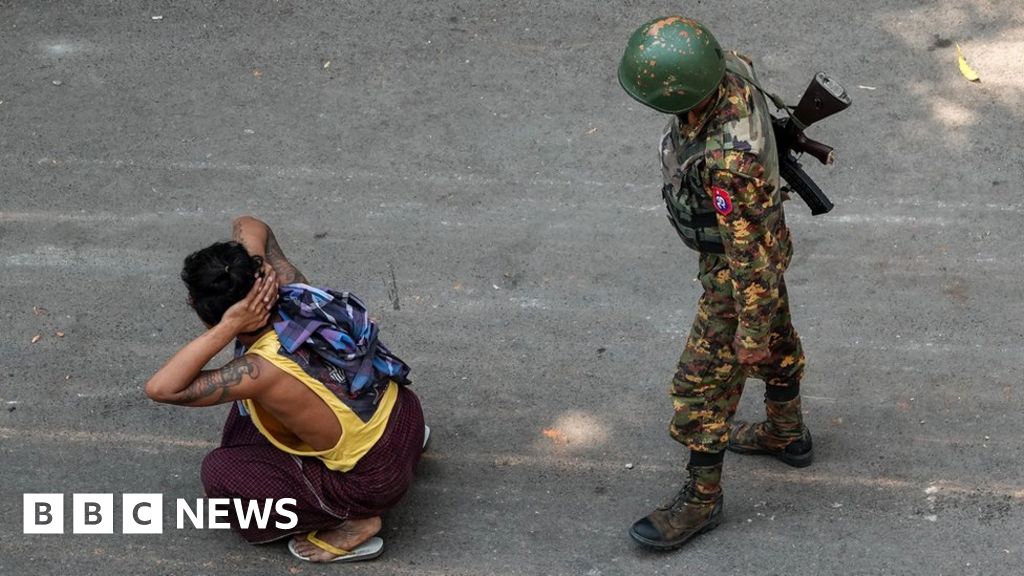
 www.bbc.com
www.bbc.com


